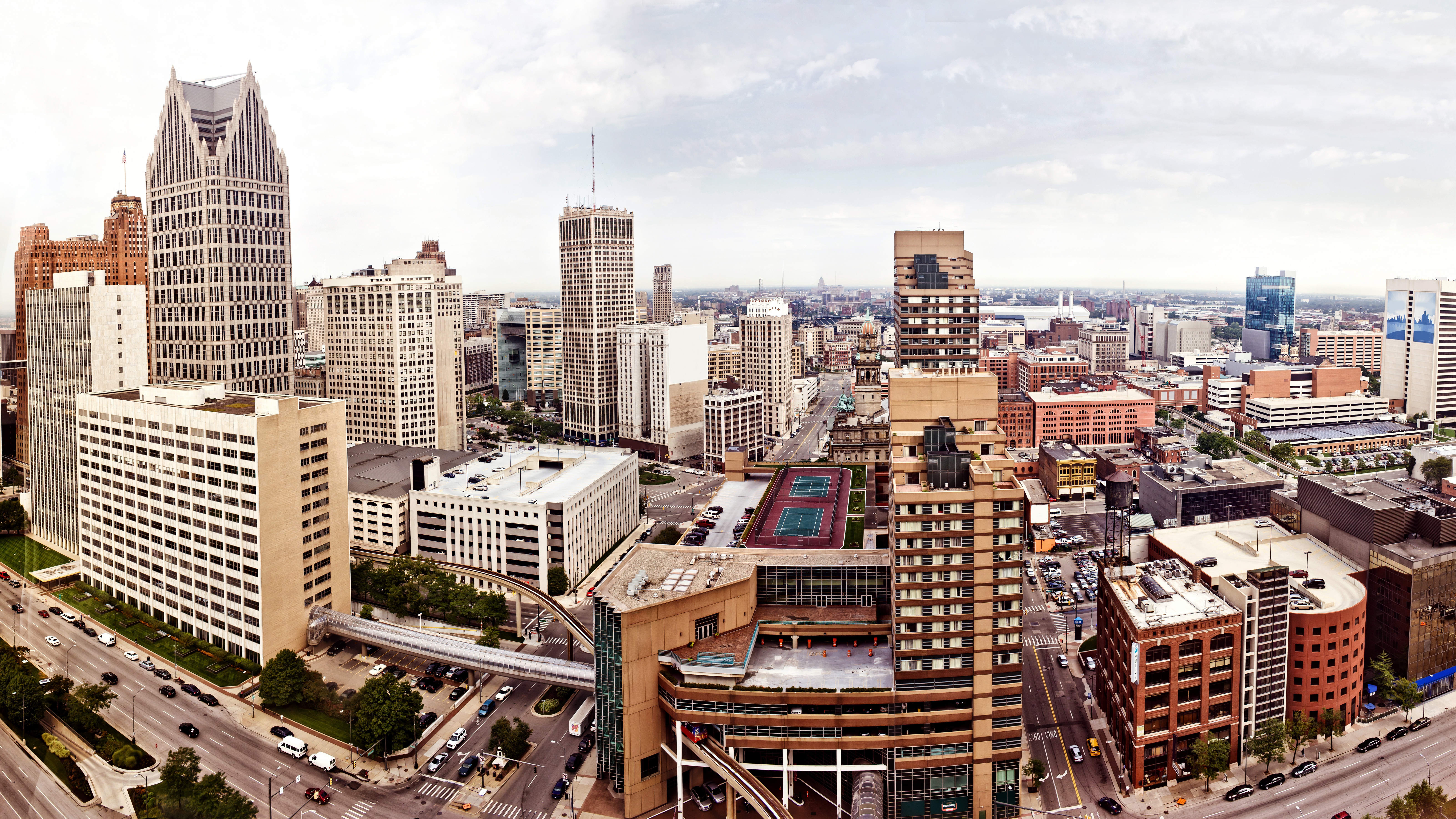
What We Could All Learn From Amazon

For all the talk about cities being the new focus for a flush of interest from the millennial generation who seem to prefer urbanity over suburbia, the bid for Amazon “HQ2” shows that most U.S. cities are still looking for a spark.
In Detroit a group of private and public sector officials have headed up a commission on convincing Amazon that the city will be a haven of - among other things - tax-incentives, talent, and infrastructure. The last two stand out, because the city and state have a ways to go for improving the educational statistics and skills training resources for a progressively tech-centered economy, as well as public infrastructure. The Amazon bid highlights this, but it should not be the reason something gets done about it, especially when evidence exists to support the fact that smaller companies with 500 or fewer people generate the majority of job growth.
If there’s a lasting win for all bidders involved, it’s the hope for understanding, (and then action), that cities could be doing more, not only to attract economic uplift and windfalls, but to improve the quality of life for its current residents. Tax money spent on attracting corporations like Amazon, for instance, if redirected to something like education, would show measurable economic improvements and affect quality of life substantially. Statistics pronounce this---education bears a 4:1 return or as high as 12:1.
The thing is, Amazon is not only an economic engine, it is a brand, and with that comes the outline of identity. This is what cities are after too, and in the age of social media where having an “image” is part of existing, it’s understandable. We all need to be asking at what cost and go from there.

Marketing Associate
